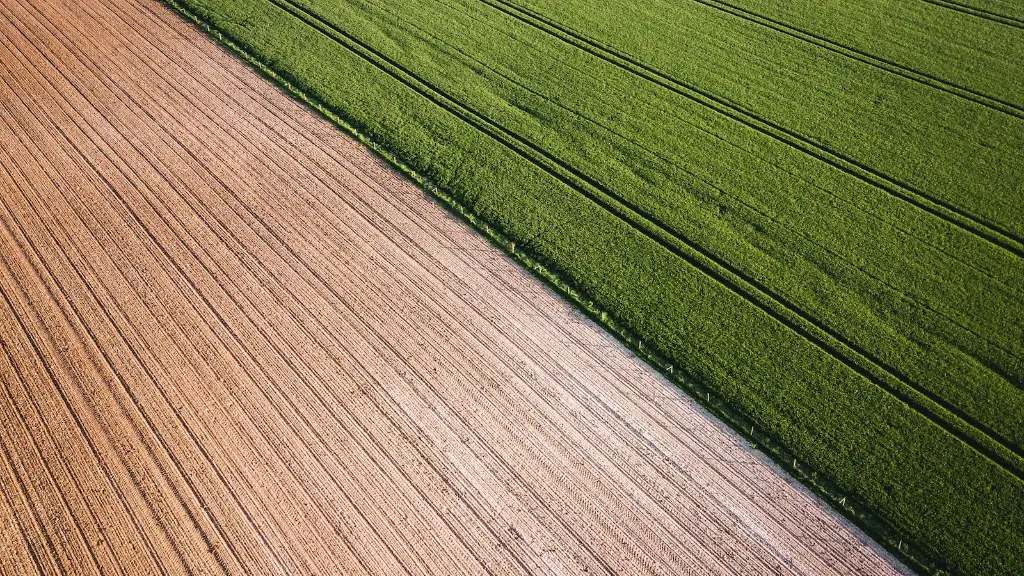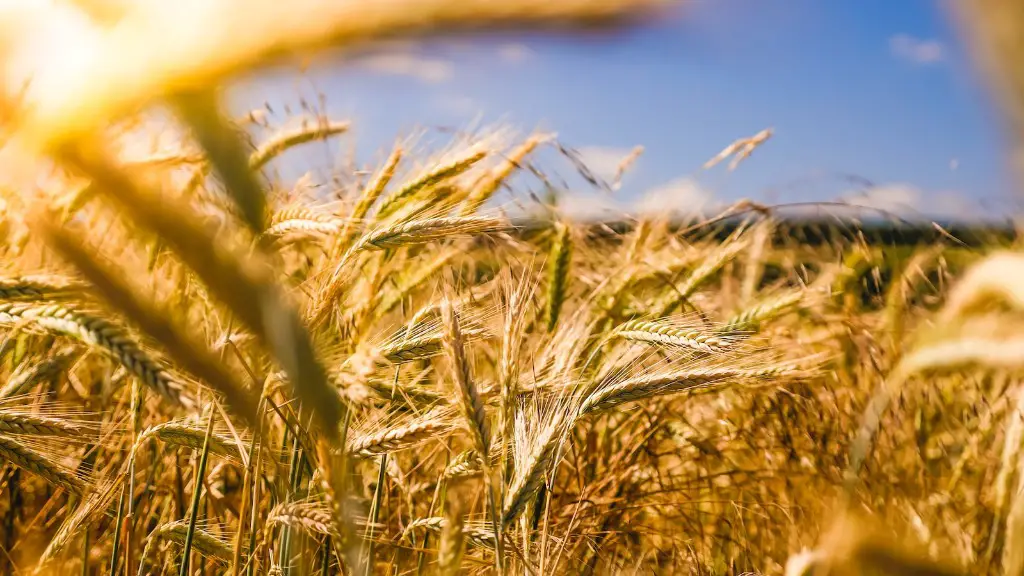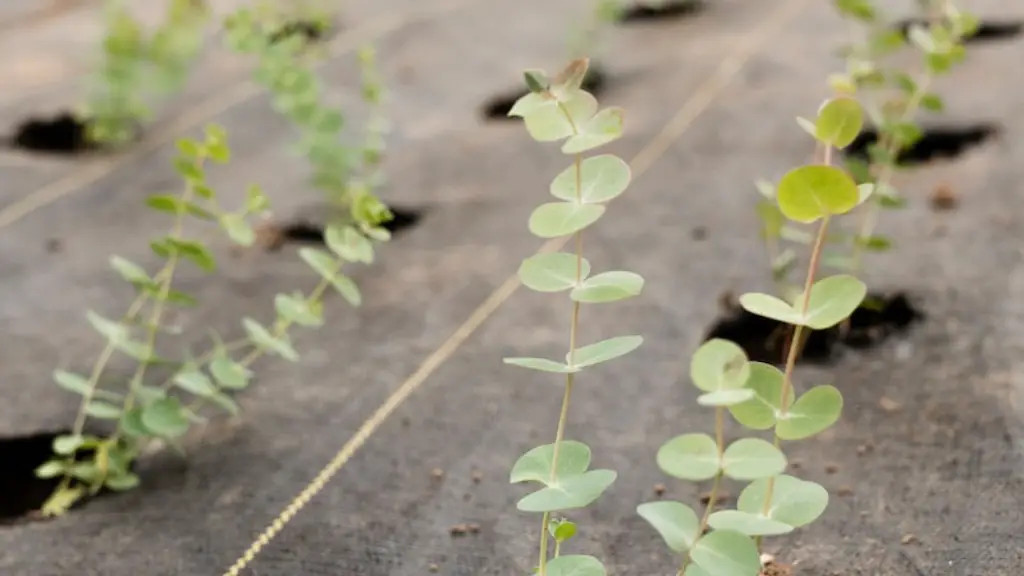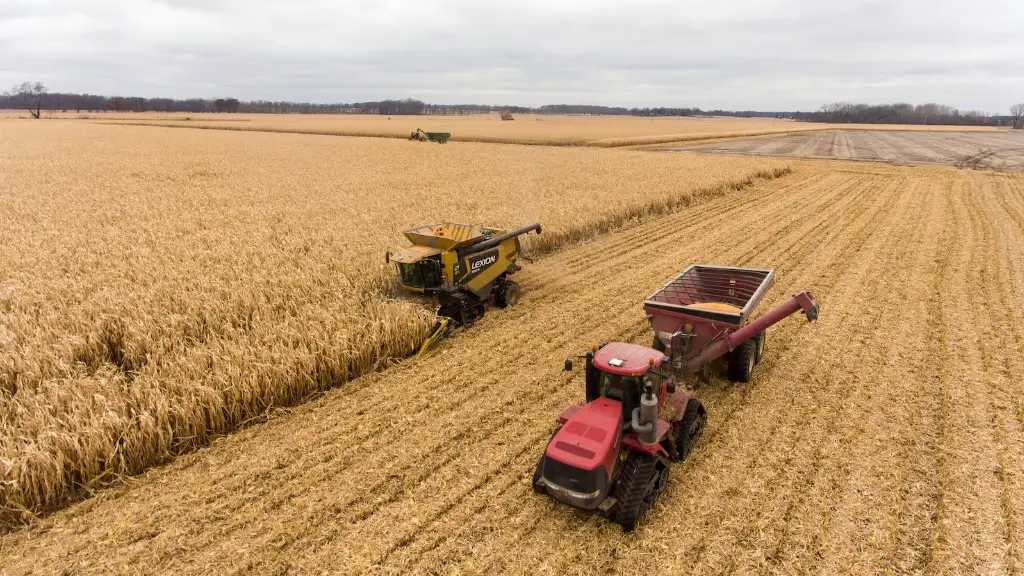Pesticides play an important role in agriculture by protecting crops from damaging insects, weeds, and diseases. Without pesticides, crop yields would be significantly lower, and food prices would increase. When used correctly, pesticides can help farmers produce safe, high-quality food.
The primary reason that farmers use pesticides is to protect their crops from insects, weeds, and other pests. Without pesticides, these pests would decimate crops, leading to widespread famine. In addition to protecting crops, pesticides can also increase the yield of a crop by preventing crop loss to pests.
What is the purpose of pesticides?
Pesticides are chemicals developed to repel, control or kill pests. Pests can be insects, weeds, fungi or rodents. There are more than 17,000 pesticide products used in the US. Pesticides are widely used on agricultural crops, in the home, yard and public places.
Pesticides are designed to kill or repel pests, but they can also be dangerous to humans and the environment. Pesticides can cause health problems, such as cancer, birth defects, and nerve damage. They can also contaminate water supplies and harm wildlife.
Pesticides are regulated by the US Environmental Protection Agency (EPA). The EPA sets standards for the manufacture, sale and use of pesticides. Pesticide manufacturers must follow these standards to ensure that their products are safe.
If you use pesticides, it is important to follow the directions on the label. This will help to minimize the risks to your health and the environment.
The use of synthetic pesticides in the United States began in the 1930s and became widespread after World War II. By 1950, it was found that pesticides could increase farm yield far beyond pre-World War II levels. Farmers depend heavily on synthetic pesticides to control insects in their crops.
Do farmers want to use pesticides
Pesticides are a controversial topic in the agricultural industry. Some farmers believe that they are necessary in order to protect their crops from pests, while others believe that pesticides are harmful to the environment and to human health. There is evidence to support both sides of the argument.
Pesticides can be effective in protecting crops from pests. When used properly, pesticides can help farmers to reduce losses from pests and to increase their overall production. However, pesticides can also be harmful to the environment and to human health. Pesticides can contaminate the soil and water, and they can also be toxic to animals and humans.
There is no easy answer when it comes to the use of pesticides. Farmers must weigh the risks and benefits of using pesticides before making a decision.
As we all know, pests can wreak havoc on crops and can cause serious damage. In order to protect their crops, farmers need to use pesticides. However, there is a debate over whether organic or conventional farmers should use pesticides.
Organic farmers believe that they should not use pesticides because they are concerned about the potential health risks to consumers. They also believe that pesticides can damage the environment. Conventional farmers, on the other hand, believe that pesticides are necessary to protect their crops from pests and to ensure that they get the best yields possible.
So, what is the right answer? Well, it depends on who you ask. However, one thing is for sure, all growers need to use pesticides to grow crops sustainably and to protect their crops from damage.
What are the important benefits of pesticides?
Pesticides have been found to be advantageous in increasing food output, as well as preventing disease. While pests can damage a large percentage of crops, it is likely that without the use of pesticides, they would consume even more. This makes pesticides a vital tool in agriculture, and one that should continue to be used to help farmers and protect crops.
Without crop protection tools, farmers’ fields would be overrun by weeds and pests, leading to lower crop yields and potential financial ruin. The smart and responsible use of pesticides is essential to maintaining a healthy and productive farm.
What are the advantages and disadvantages of pesticides?
Pesticides offer a number of advantages in terms of controlling waterborne diseases and virus transmission. However, pesticides also come with a number of disadvantages, including increasing land and groundwater pollution, having a long-term effect on soil fertility, and posing a health risk to humans and animals.
Pesticides are an important tool for farmers and agriculturalists to protect their crops from pests, weeds and diseases. Currently, up to 40% of the world’s potential crops are destroyed every year due to these threats. Without the use of pesticides, this percentage could quickly double.
What would happen if farmers did not use pesticides
Pesticides are an important part of keeping fruits and vegetables healthy and free of pests. Without them, crops would be stunted, full of injuries, and contaminated with microbes, which would contribute to food waste. More food would also be lost to pests, making it more expensive.
Pesticides are stored in your colon, where they slowly but surely poison the body. This is a very serious health hazard that should not be ignored. Pesticides can cause a wide variety of health problems, including cancer, reproductive damage, neurological damage, and even death. If you are exposed to pesticides, it is important to seek medical attention immediately.
Can you grow crops without pesticides?
If you have a healthy garden, you may not need to use pesticides at all. This is because pests are less likely to attack healthy and strong plants. These plants are better able to fight off pests and diseases by themselves. Growing 100 percent organic and non-GMO food is possible with alternative gardening.
Pesticides can cause serious harm to our environment and our health. They can contaminate our food, harm pollinators, and threaten our ecosystems. Pesticides should be used only when absolutely necessary, and only after careful consideration of the risks involved.
What are 2 cons of pesticide use
Pesticides can be extremely harmful to the environment, contaminating soil, water, turf, and other vegetation. In addition to killing insects or weeds, pesticides can be toxic to a host of other organisms including birds, fish, beneficial insects, and non-target plants. Pesticides should be used with extreme caution and only when absolutely necessary to avoid any potential damage to the environment.
Organic farming is a type of agriculture that relies on natural processes, rather than the use of artificial chemicals, to promote the growth of crops and livestock.
Organic farming can be beneficial for the environment, as it helps to reduce pollution and conserve water and soil. It can also be beneficial for human health, as it reduces the exposure to harmful chemicals.
However, organic farming can be more labor-intensive and costly than conventional farming, as it requires more attention to detail and often yields smaller crops.
Why should pesticides not be banned?
Pesticides are an important tool in agriculture and banning them would have serious implications for food security. Diseases transmitted by insects and rodents would become more common, posing a serious risk to public health. Food prices would increase, as crops would be more susceptible to pests and diseases. This would lead to hunger and potentially deadly food shortages. Norman Borlaug, a Nobel Laureate, warned that banning pesticides would have devastating consequences.
Pesticides can be extremely harmful to local ecosystems, especially when they accumulate in bodies of water. Zooplankton are particularly vulnerable to pesticide poisoning, as they are the main source of food for young fish. Pesticides can also kill off the insects on which some fish feed, causing the fish to travel farther in search of food and exposing them to greater risk from predators.
Warp Up
Pesticides are chemicals that are used to kill pests. Farmers use pesticides to protect their crops from insects, rodents, and other animals that can damage them. Pesticides can also help to control diseases that can affect crops.
Pesticides are commonly used in agriculture to protect crops against pests and diseases. They can be applied to the soil, seed, or leaves of plants. Pesticides can also be used to control weeds.





